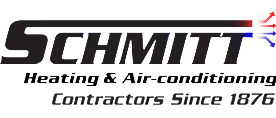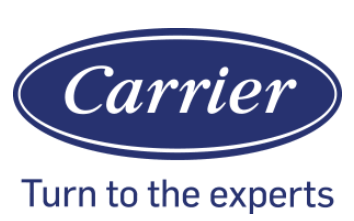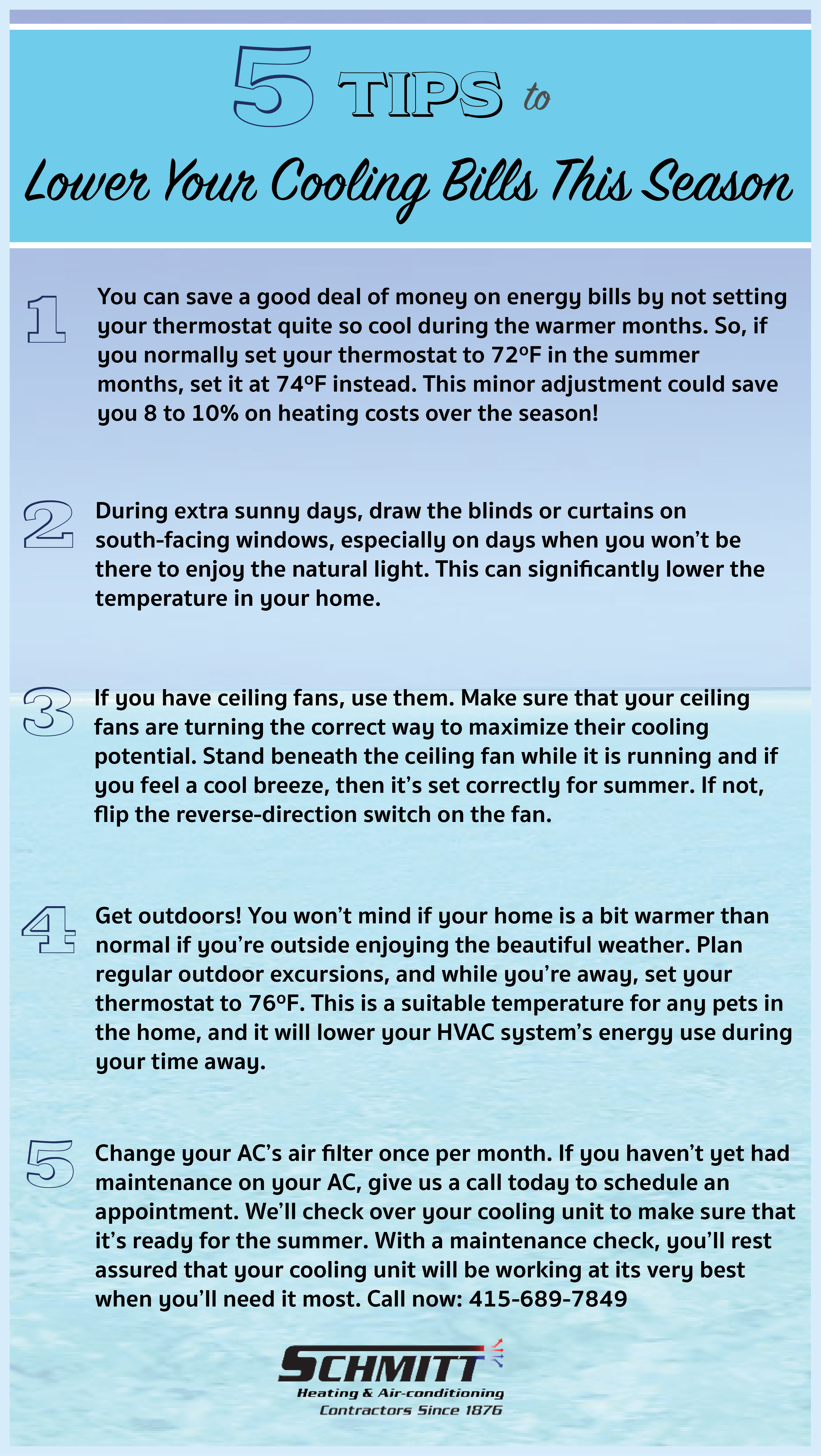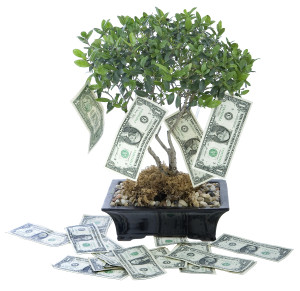Overview
We are a trusted and licensed HVAC company. In addition to providing our esteemed clients heating and air conditioning services (inspections, repairs, maintenance, installations and replacements), we regularly give our clients HVAC-relevant information through face to face interactions, as well as blogs. We give our clients home energy efficiency tips to help them reduce their furnaces’ energy consumption while receiving sufficient heat, as well as save a percentage of their utility bills. The temperature to set a furnace depends on several factors including efficiency of the furnace, loss of heat through surfaces and loss of heat through gaps on surfaces
Furnace-related energy efficiency ideas
Lower furnace’s temperature degree or switch it off
Furnace users can save a significant amount of energy by lowering their furnace temperature degree or switching the furnace off when premise/ rooms are not in use. To enjoy warm air, people should wear warm clothes or cover themselves with heavy/ warm clothing to complement the heat emitted by the furnace. Running the furnace at high degree increases energy consumption, and does not necessarily ensure indoor air warmth. Furnaces should be switched off when premises are not in use since no warm air is required.
Clean, repair or service furnace parts
Dirty filters, clogged/ blocked vents, and damaged furnace parts reduce the efficiency of a furnace; resulting in high consumption of energy to keep the air warmed sufficiently. Furnace parts’ repairs, cleaning or replacement should be scheduled to prevent furnace inefficiency. Premise owners may be able to do some of the furnace parts’ servicing, such as filter replacement, but advanced servicing requires professional HVAC intervention.
Insulate surfaces and seal drafts
Furnace’s energy consumption may also be saved by insulating walls, floors, roofs, doors and windows with materials that do not allow conduction of heat to the exterior of those surfaces. Insulating such surfaces ensures that the already accumulated indoor heat does not escape, and that the furnace can be operated at a lower degree to provide the needed warmth. Drafts cause warm air to escape, therefore, requiring the furnace to be run at a high degree and for long to keep indoor air warm. Sealing those drafts ensures maintenance of the heated air indoors; eliminating the need to run the furnace at a high degree or longer than necessary.
Conclusion
People can enjoy ample heating of their indoor air while saving energy and utility bills. While some home energy efficiency tips can be implemented by premise users at no cost, some tips need professional HVAC servicing. Call us for all your HVAC needs.





